Human trafficking and the Nigerian society
[ad_1]
TRAFFICKING in persons, as defined by the United Nations Special Report of the UN Commission on Human Rights, means the receipt of persons by threat or use of violence, abduction, force, fraud, deception or coercion including the abuse of authority. It also involves debt bondage for the purpose of placing or holding such a person whether for pay or not, in forced labour or slavery-like practices in a community other than the one in which such a person lived at the time of the original act. Although there are laws in Nigeria that prohibit trafficking in women and girls for exploitation via using as maids or for prostitution, the offence of human trafficking has assumed an alarming dimension, especially in recent times. Hardly does a day pass without one report or the other on human trafficking. In recent times, it has ceased to be a gender issue as boys are also victims. Initially, it was girls and women that were largely victims but there have been cases of young boys who were also abducted and used for menial jobs against their wishes and against the wishes of their parents.
It is no longer news that a lot of Nigerian ladies are being tricked into going outside the country with the promise of being given good jobs and better lives in countries in Europe and some Arabian countries like Saudi Arabia and Omar, only for them to get there to meet a different scenario entirely. The nature of trafficking includes the enticement of potential victims using stories of monetary gains or rewards as well as a resort to force and threat. The age range of girls trafficked, according to a data from a study some years ago, fell between 9 and 23 years. In recent times, however, older women are being tricked into the trade all because they are looking for greener pastures outside the shores of the country. Because of the desire to escape from the situation in the country, they fall into the ever-ready hands of these traffickers with promises of unending goodies which usually end in regrets. Some of these women end up being forced into prostitution outside the shores of the country by getting their passports seized. They end up sleeping with men against their wishes and there is nothing they can do about it as the traffickers dictate the tune. In other cases, some of the traffickers end up fixing them with very terrible bosses who use them as maids and servants and who maltreat, maim and sometimes kill them. They are being used in the most inhumane ways as buttressed by the testimonies of those who have been able to escape.
Some people pack victims in trucks within the country and take them to neighbouring countries. They are then shared to different locations and destinations. Whatever money that comes from the sales or lease of these individuals goes to the perpetrators. The illegal profit amassed by these people has made the business of human trafficking to continue thriving. There have been numerous cases on social media where some of these victims send out SOS pleas to social media platforms like Facebook when the situations become very unbearable and their lives are at stake. There is no denying that the dangers of this trade are enormous and at least 18 percent of such victims are enslaved and exploited for the most of their productive lives. If they get rescued or they escape, most of these people get psychologically marred for life. Some would have to go through series of therapies before they can get better. Some might not be that lucky as they carry scars that can never be erased, whether physical or emotional. The cost of this on the population is enormous in terms of wasted lives and human resources. The fact that these victims had to be forced to deal with this situations is another thing to ponder on.
The Nigerian government has been proactive in rescuing some of the victims over the years. There have been news over time about the intervention of the Federal Government in ensuring that some victims are brought back home by all means whenever such reports get out to the public. In all honesty, this costs the government a whole lot of money each time it happens as the welfare of these people, at least from the period of extraction and for a while after they land in the country, will be on it. This is why this should be treated as an urgent issue on the part of the government to avoid losing citizens in foreign lands due to this ugly trade. There is a need for mass sensitisation both in all the local languages, Pidgin English and English on the need for everyone to be alert and be aware of the dangers of human trafficking. The government should fish out the chain of traffickers in the country. At least, victims should be able to reveal who their agents are and by so doing, the government can arrest them and also get the main brains behind the chain. It is obvious there will be a hierarchy of these perpetrators and arresting one or two of them should make it easy to get the rest. No stone should be left unturned while prosecuting these people. Once the rest know the government is keen on ridding the society of their activities, it may help in reducing it.
The government should do all it can to make the country safe and habitable for all and sundry. In all honesty, many of the victims get enticed with promises of a better future and due to the high cost of living in the country, victims will want to give it a trial and they end up falling into these traps. It is high time all Nigerians joined in the fight against human trafficking in general. This is also a call on the National Agency for Prohibition of Trafficking in Persons and other Related Matters (NAPTIP), Federation of International Women Lawyers (FIDA) and other related bodies, religious organisations such as the Christian Association of Nigeria (CAN) and all Nigerians to join hands to fight against the menace called human trafficking.
- Ishola is on the staff of Nigerian Tribune
ALSO READ FROM NIGERIAN TRIBUNE
[ad_2]

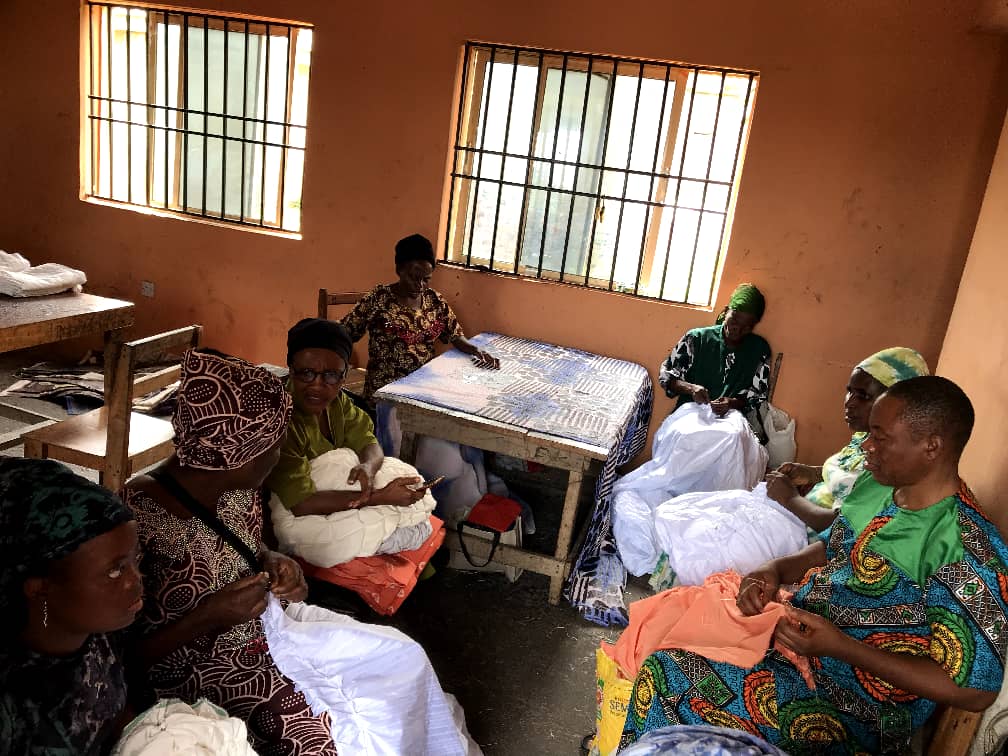
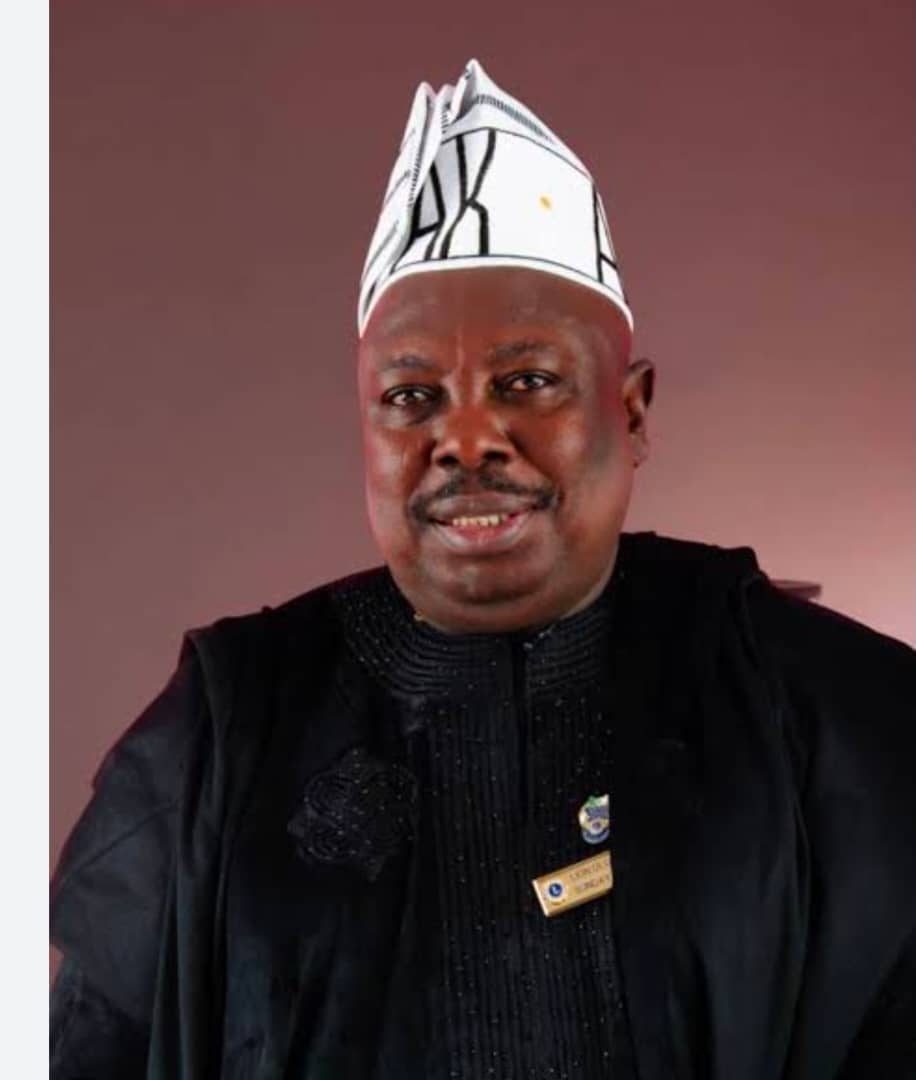
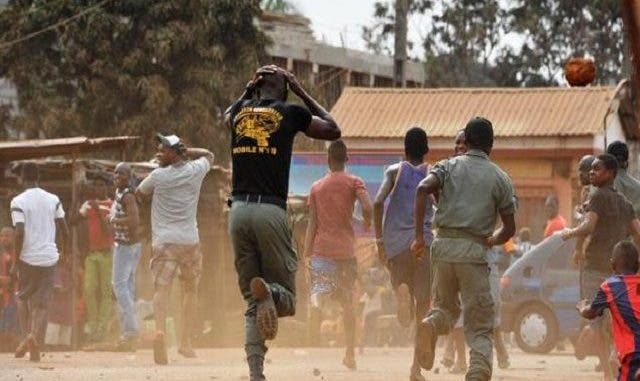
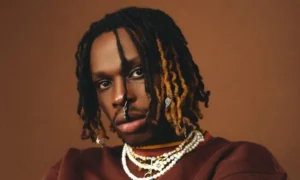

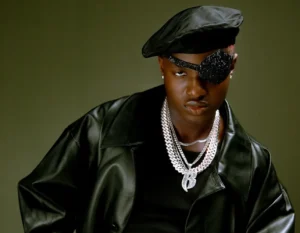







Post Comment